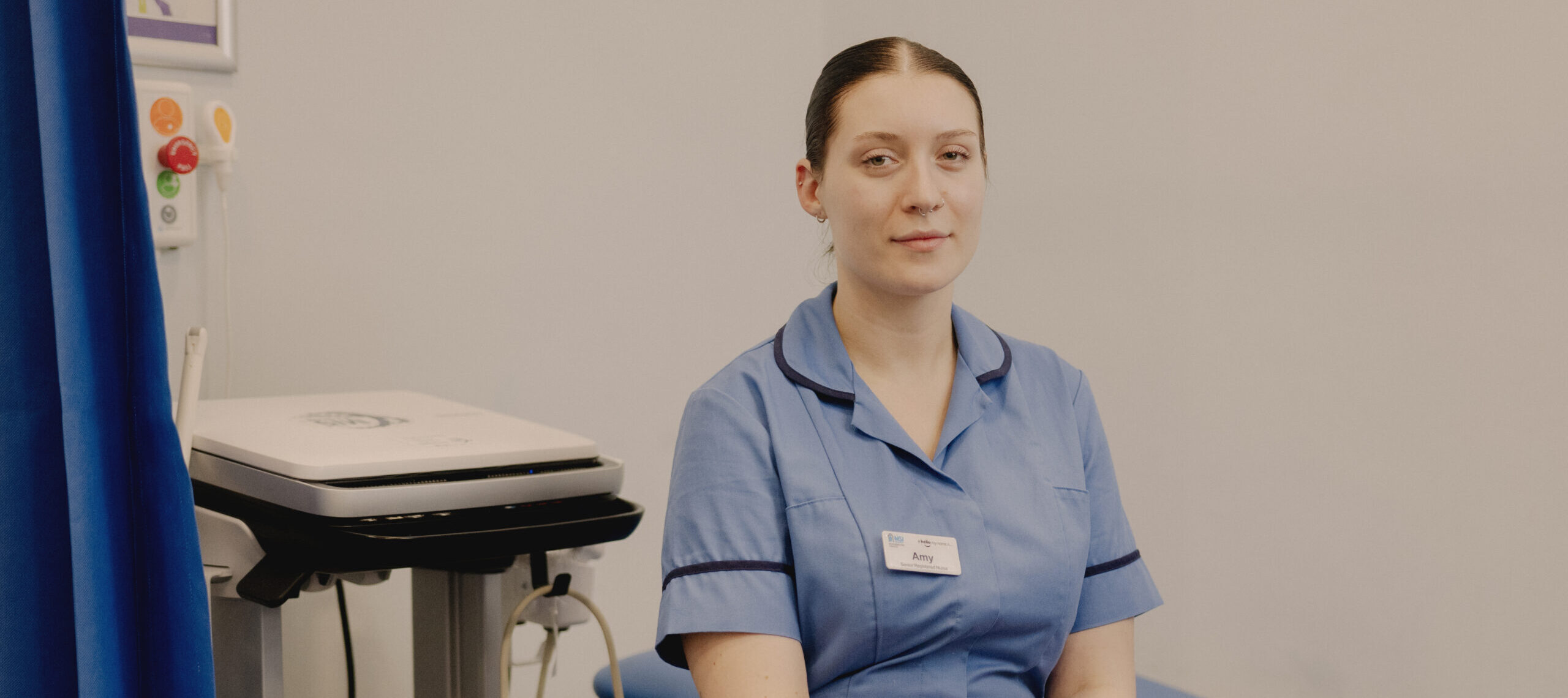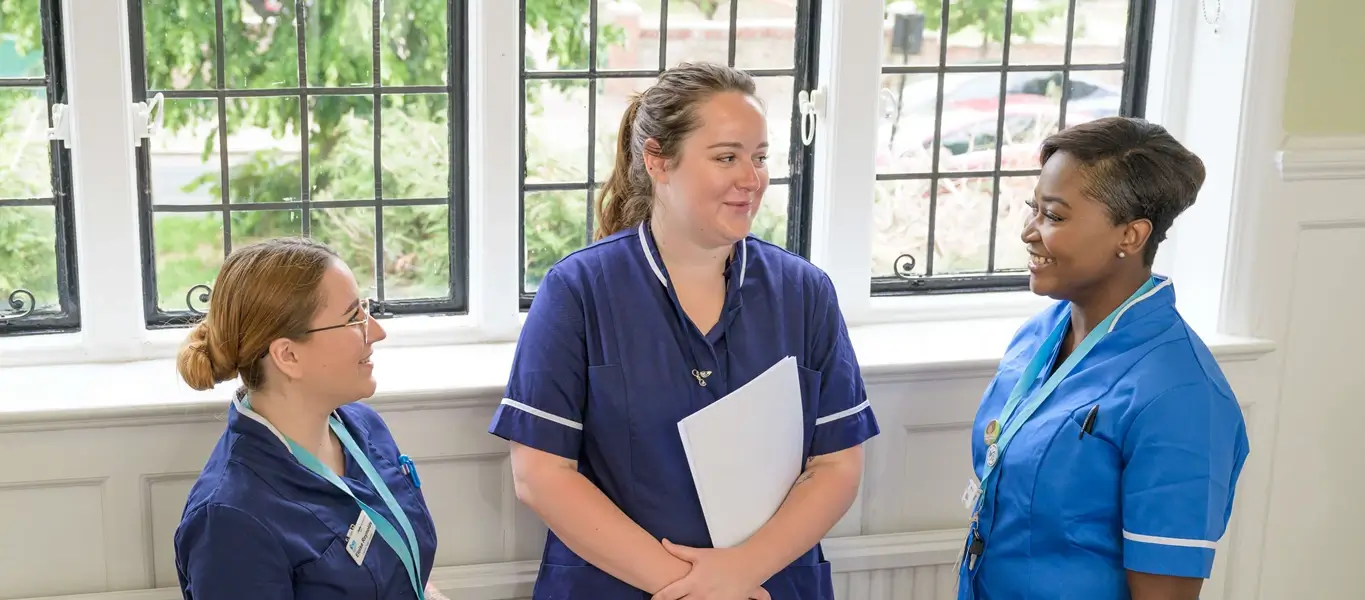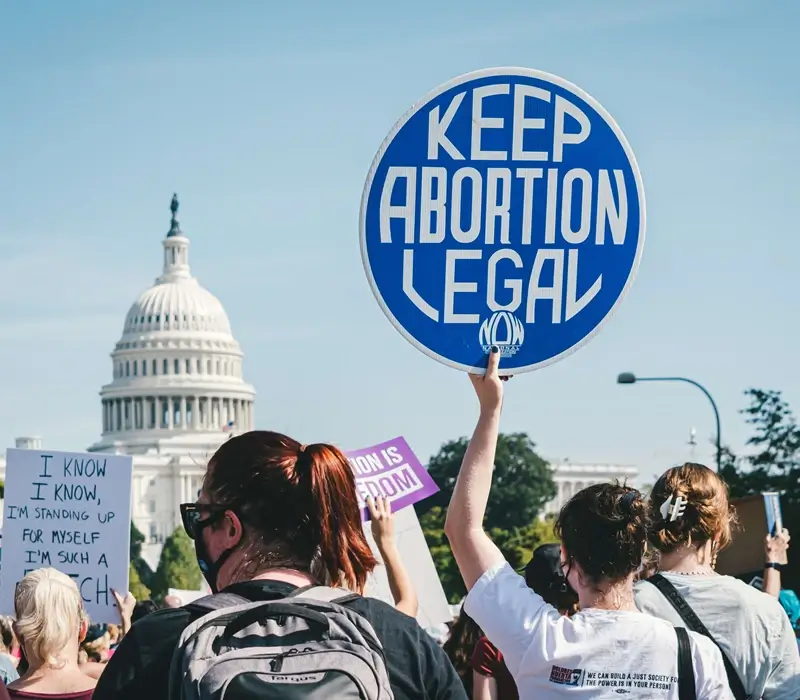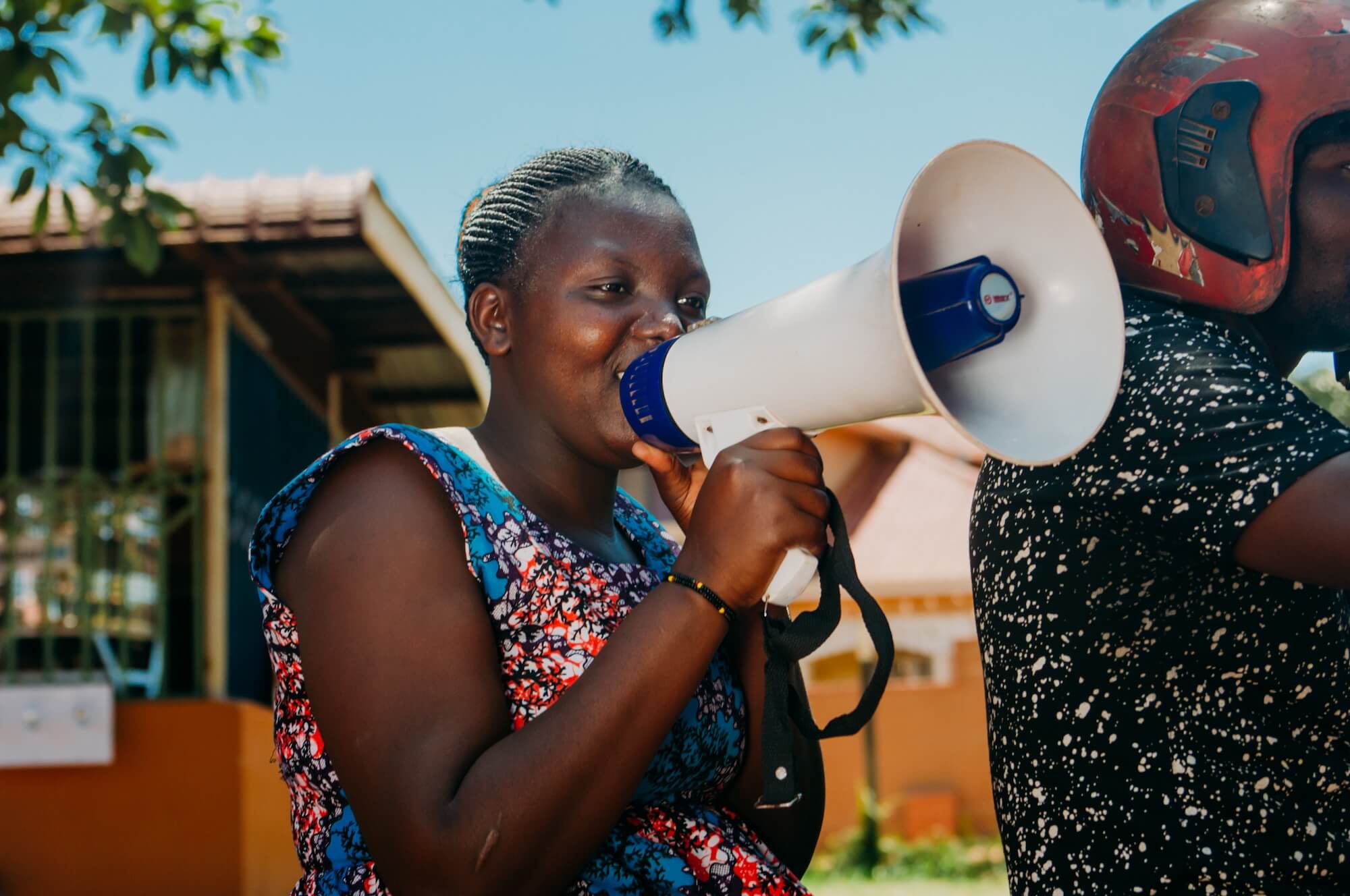
Why abortion should be decriminalised
Abortion is a safe and common form of healthcare, and a human right.
But in many countries around the world, abortion remains criminalised, preventing access to essential healthcare. This needs to change.
Access to abortion saves lives
Worldwide, nearly one in three pregnancies end in abortion, and the right to choose is recognised as a human right. But while abortion is one of the safest and most common medical procedures, policy and legal restrictions continue to prevent access to safe care.
Every year, 35 million people make the difficult decision to have an unsafe abortion, having been denied access to safe services. As a result, an estimated 9 million face medical complications and 22,800 women will die.
With universal access to safe and legal abortion care and contraception, this number could be zero. An important first step is to take abortion out of criminal law, ensuring people can access services and that providers can offer care, without fear of prosecution. Governments should not be criminalising people who realise and fulfil their right to choose.
That’s why MSI Reproductive Choices is proud to stand with other global healthcare bodies, including the World Health Organisation, the International Federation of Gynaecology and Obstetrics and the Royal College of Obstetricians and Gynaecologists, in calling for the decriminalisation of abortion.

Why it’s time to reform UK abortion law
In the UK, one in three women will have an abortion by the age of 45 and 90% of the population is pro-choice. Abortion is recognised as a safe and common form of healthcare, and a human right.
However, abortion access in England and Wales is still defined by a law passed in 1861 – meaning it’s one of the few forms of healthcare still written into criminal law.
While abortion has been decriminalised in Northern Ireland, in Great Britain, abortion is only legal if it meets the criteria set out in the 1967 Abortion Act. If someone accesses an abortion outside of these parameters, they could face a police investigation or even jail time.
While the vast majority of people who want an abortion can still access one, the law can add to stigma and it creates unnecessary barriers, for example, by requiring the approval of two doctors.
Decriminalisation does not mean deregulation. Abortion care would and should be regulated in the same way that other healthcare services are. Decriminalisation means recognising that it is not in the public interest to prosecute people for ending their own pregnancies.
Abortion should be treated as healthcare, not a crime. It’s time to decriminalise abortion across the UK.

A global movement to decriminalise abortion
As the evidence makes clear, when you restrict access to abortion it doesn’t prevent abortions, it only makes them less safe and the number of people dying or facing injury from pregnancy-related causes rises.
Knowing this and the transformational impact that reproductive choice provides – by supporting people to decide if or when to be pregnant and determine their own futures – several governments around the world have decided to remove abortion care from criminal law.
We’re proud to have been part of this progress.
In Mexico, MSI provides contraception and abortion care in certain states and has long advocated for abortion to be decriminalised.
In September 2021, the Mexican Supreme Court of Justice ruled to remove sanctions for abortion from the Mexican criminal code, clearing a path to decriminalise abortion across Mexico.
“At MSI Mexico, we have seen first-hand the damaging impacts that legal restrictions on abortion have had on women’s health, lives and futures. We celebrate the Supreme Court decision to decriminalise abortion in Mexico.”
Araceli Lopez Nava – MSI’s Managing Director for Latin America
In Australia, our team helped build parliamentary support for the Abortion Law Reform Act in New South Wales, which received Royal assent in October 2019. The Act removed abortion from the Crime Act 1900, meaning the service was decriminalised.
You can hear more about the campaign to decriminalise abortion in New South Wales, and the role that MSI Australia played, in our short podcast, decriminalising choice.
But we can’t stop at incremental country wins.
We believe we need to decriminalise abortion everywhere and we’re not alone. In their most recent Abortion Care Guideline, the World Health Organisation called for governments to remove abortion from all penal and criminal laws, ensuring no criminal offences or penalties are applied to those seeking or providing abortion care and ensuring that anyone who has experienced pregnancy loss will not face suspicion when seeking healthcare.
These recommendations align with the challenges and concerns we hear every day from our clients and providers. We need change, now.
What can you do to help?
If you agree that abortion is healthcare and does not belong in criminal law, here are three ways you can help:
- Talk to your friends and help us spread the word. Share this page and our explainer content on Instagram and Twitter, to help us build support for decriminalisation and subscribe for updates on our progress.
- Write to your member of parliament or government representative. If you’re based in England or Wales, you can use our tool to write your MP and ask them to support abortion law reform.
- Donate to our global fund for abortion rights. Across 36 countries, we’re working at a local, regional, and national level to support reproductive health and rights. With your help, we can go further.

Want to join the movement for reproductive rights?
Sign up to receive the latest news, views, frontline stories, and campaigns on reproductive health and rights, straight to your inbox.






